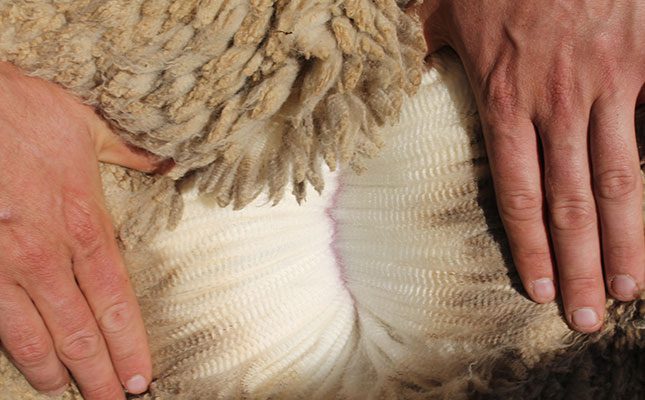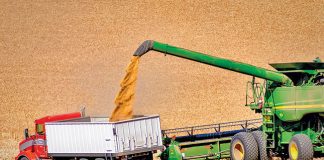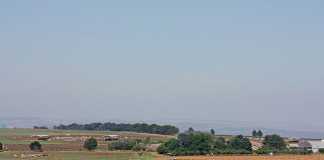
“To forecast what would happen in 2024 would be like correctly guessing the correct lotto numbers. The hope is that wool prices would start moving upwards as the global economy expectedly starts to recuperate in 2024,” said Herman Archer, chairperson of the Free State branch of the National Wool Growers Association (NWGA).
In the past year Merino rams, for instance, sold for between R8 000 and R10 000, while ewes went for between R1 500 and R2 000 each.
Archer expressed concern about the number of wool producers who exited the industry during 2023, especially in the Free State, Mpumalanga and the Western Cape. He ascribed it to rampant stock theft, the ever-increasing cost of labour and the regular lack of vaccines.
Dr Ariena Shepherd, NWGA KwaZulu-Natal chairperson, added that while the global demand for certified wool was increasing, South African producers would have to make sure they kept up their certification status.
Demand
“We also have to get more farmers certified and help our communal farmers to complete their certification. Wool prices have been lower but this should change as the story of wool gets more traction and demand for natural fibres increases even more,” she said
The continued collaboration between national and provincial animal health forums, the RPO, the association and the government, which hopes to keep diseases such as foot and mouth from becoming problems once again, needs to be continued as a matter of urgency in 2024, she says. Another challenge is the export of wool.
“The problems with the ports are continuing and while the NGWA and other stakeholders have managed to decrease the backlog, it remains a difficult situation.
“Our farmers will also have to become even more independent and self-sufficient.
“We must accept that we will have to produce, market and export our product ourselves. We are responsible for our own disease control, security and biosecurity,” she told Farmer’s Weekly.












